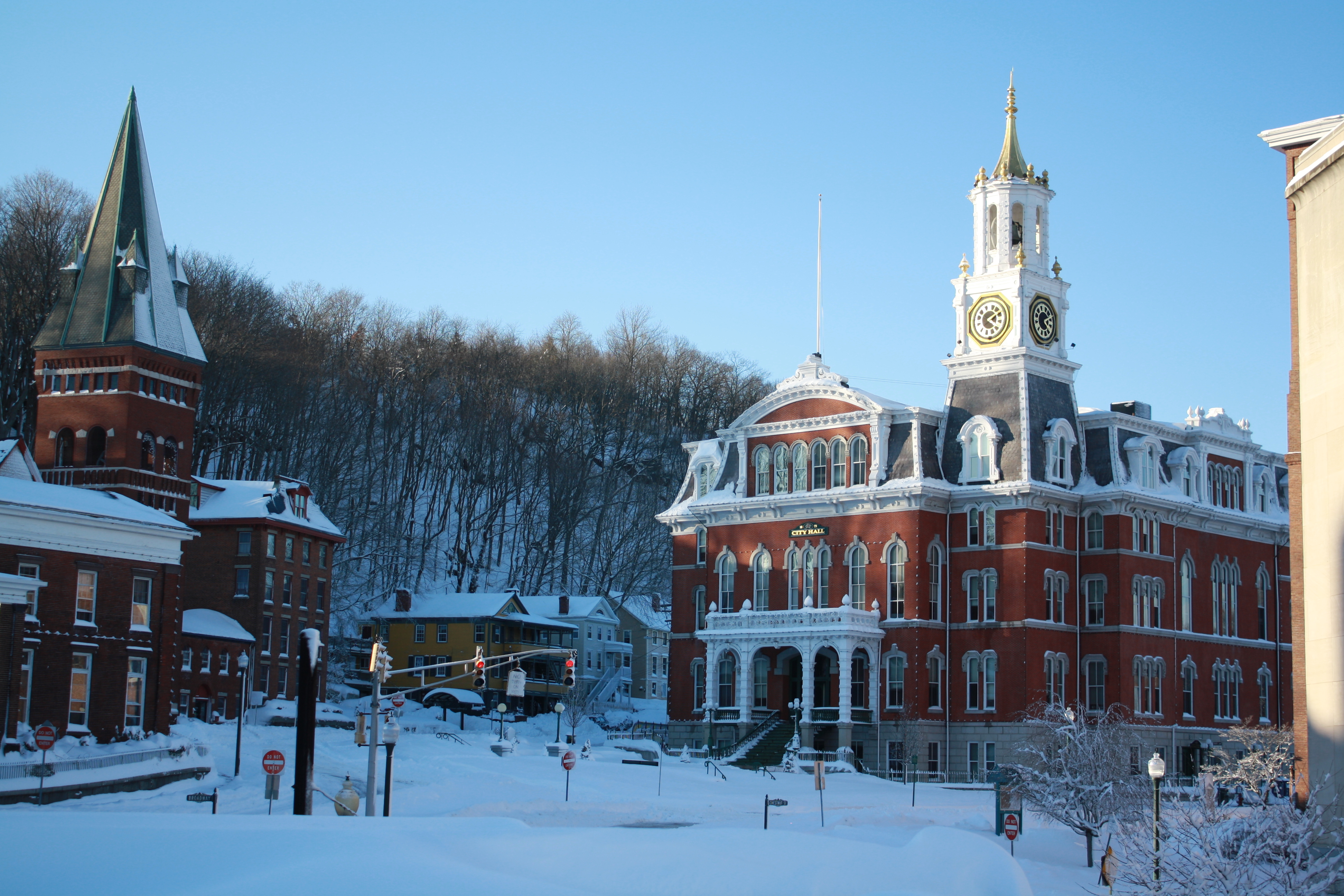
21 Oct Norwich audit finds $1 million
By Adam Benson The Bulletin
Posted Oct. 20, 2015 at 5:26 PM
NORWICH – An oversight in Norwich’s tax collection process that went undetected for three years will lead to almost $1 million in new revenue being poured into the city’s coffers.
Computer Science Corporation, which paid Norwich $26.93 million in taxes for the 2014-15 fiscal year, has been billed an additional $1.09 million after a random audit discovered some of its equipment was assessed as real estate rather than personal property.
Officials said an updated tax bill will be sent out.
“I don’t have years of experience with personal property audit findings, but I think it was kind of unexpected,” Comptroller Joshua Pothier said.
In total, Norwich will receive $824,829, while Tax Management Associates takes a 25 percent finder’s fee of $274,943.
Tax Assessor Donna Ralston said Norwich has contracted with the Charlotte-based firm since 2013, and it has performed random audits of 100 commercial entities with assessed values of $30,000 or more, resulting in a total of $93,000 worth of new collections.
City leaders said Computer Science Corporation was unaware of its tax situation until auditors notified the company, but it was fully cooperative once the findings were unearthed.
A representative from the company could not be reached for comment Tuesday.
“They (auditors) really took their time with CSC because it is such a huge corporation and there was some confusion because they did not report several really big pieces of equipment. They thought they were being valued with the real estate, and they weren’t, so when we found it and told them about it, they understood,” Ralston said. “It was totally unintentional.”
Normally, payments made through audits are small enough to be absorbed in Ralston’s departmental budget.
But at just $430,238 this year, Pothier said the fee to Tax Management Associates was too large. So on Monday night, the City Council approved a resolution that allows money from a general fund contingency account to cover the costs.
Even so, Pothier said the near million-dollar infusion to Norwich’s reserve funds brings it to 9.9 percent – pushing it closer to the goal of 12 percent set by aldermen late last year.
Pothier proposed steps in November 2014 to ensure Norwich’s rainy day fund doesn’t fall below at least 12 percent annually by 2025. But to get there under his plan, it would have required a gradual uptick that would have started with a $30 tax levy in the coming fiscal year to add about $500,000 to the contingency fund.
Aldermen adopted an alternative plan that keeps Pothier’s goal intact but avoids any short-term spending or taxing to get there by allowing the city to operate as it normally does until the undesignated fund balance reaches 12 percent.
“It’s going to take years unless we have windfalls like this, which you can’t expect,” Pothier said.
Ralston said she’s working on the next crop of businesses for Tax Management Associates to begin auditing, and officials may expand and strengthen the process by decreasing the $30,000 threshold.
“This discovery is a validation of our audit and inspection process, and we hope this encourages all business owners to file with the assessor in an accurate and timely manner,” acting City Manager John Bilda said. “We have a responsibility to make sure everyone is paying their fair share of taxes.”
Meanwhile, the city is partnering with the Greater Norwich Area Chamber of Commerce on workshops to help businesses understand the differences between real estate and personal property taxes.
“People are busy running their own businesses, so filing a personal property tax declaration is at the bottom of their list,” Ralston said.

